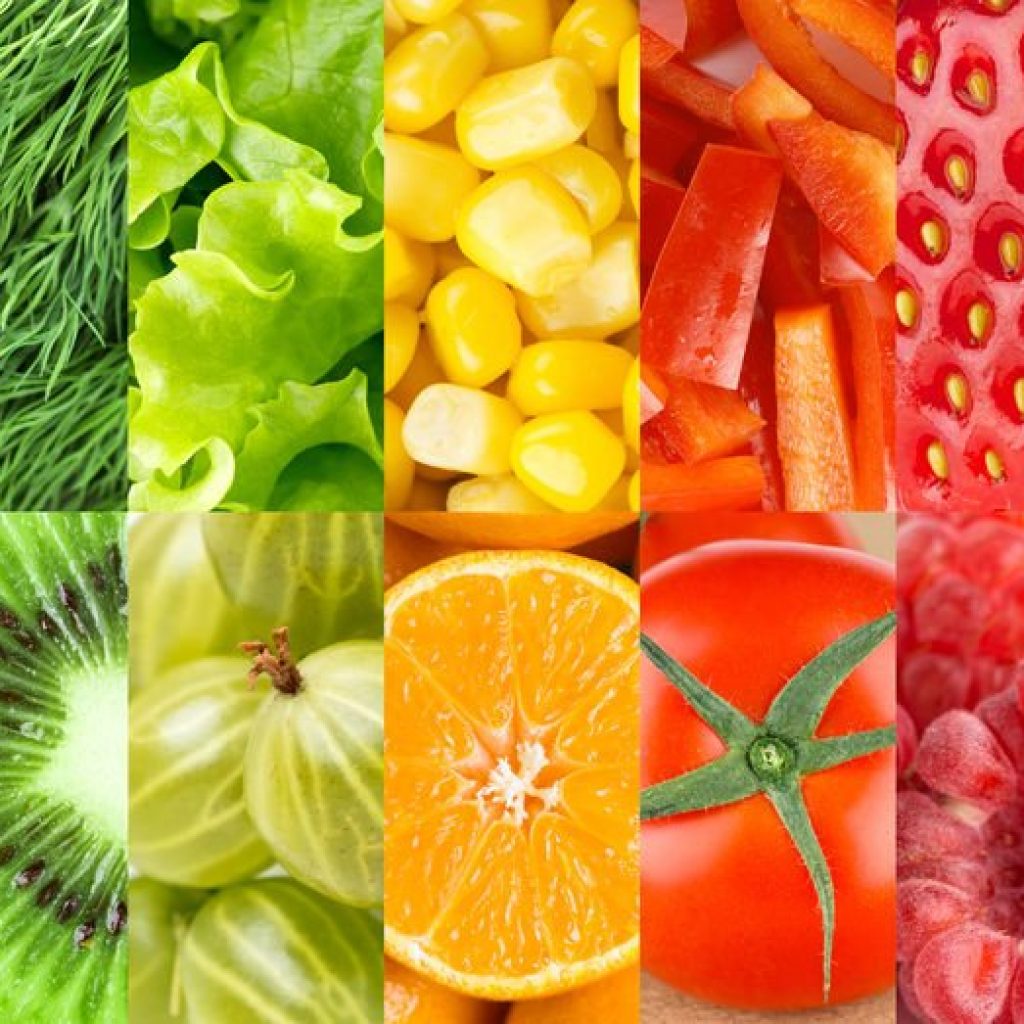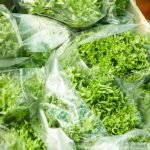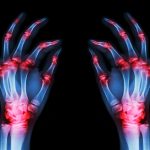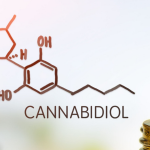If you were looking for a recent evidence-based medical article to support increasing your vegetable recommendations, a recent meta-analysis conducted by the Imperial College of London concluded that current recommendations of five servings a day of fruits and vegetables could be vastly improved. The analysis from the International Journal of Epidemiology pooled 95 separate studies of approximately 2 million people. They assessed up to 43,000 cases of heart disease, 47,000 cases of stroke, 81,000 cases of cardiovascular disease, 112,000 cancer cases and 94,000 deaths.1
The Weight of the Matter
They found that eating even 200g of fruit/veg daily – a banana weighs about 120 grams, a medium sized carrot about 75 grams – was associated with a 16% reduced risk of heart disease, an 18% reduced risk of stroke, a 13% reduced risk of cardiovascular disease, 4% reduced risk of cancer and a 15% reduction in the risk of premature death. Which is actually amazing considering how little 200g actually is. However, eating up to 800g of fruit and vegetables a day – for instance, an apple, a banana, a decent sized salad, and a full cup of cooked veggies with dinner – was associated with a 24% reduced risk of heart disease, a 33% reduced risk of stroke, a 28% reduced risk of cardiovascular disease, a 13% reduced risk of total cancer, and a 31% reduction in premature deaths. This is a fairly remarkable increase in results.
Upping the Fruit and Vegetable Intake Reduces Risk of Cancer
The study was cognizant that not all fruits/veg are created equal, and found that apples and pears, citrus fruits, salads and green leafy vegetables such as spinach, chard and kale, and cruciferous vegetables such as broccoli, cabbage and cauliflower were found to be best at preventing heart disease and stroke. Reduced risks of cancer were found in individuals eating more green vegetables, such as green beans; yellow and orange vegetables such as peppers and carrots; and cruciferous vegetables.
Source:
1. Aune D,Giovannucci E, Boffetta P, et al. Fruit and vegetable intake and the risk of cardiovascular disease, total cancer and all-cause mortality–a systematic review and dose-response meta-analysis of prospective studies. Int J Epidemiol, 2017. dyw319. doi: 10.1093/ije/dyw319
 Node Smith, associate editor for NDNR, is a fifth year naturopathic medical student at NUNM, where he has been instrumental in maintaining a firm connection to the philosophy and heritage of naturopathic medicine amongst the next generation of docs. He helped found the first multi-generational experiential retreat, which brings elders, alumni, and students together for a weekend campout where naturopathic medicine and medical philosophy are experienced in nature. Three years ago he helped found the non-profit, Association for Naturopathic ReVitalization (ANR), for which he serves as the board chairman. ANR has a mission to inspire health practitioners to embody the naturopathic principles through experiential education. Node also has a firm belief that the next era of naturopathic medicine will see a resurgence of in-patient facilities which use fasting, earthing, hydrotherapy and homeopathy to bring people back from chronic diseases of modern living; he is involved in numerous conversations and projects to bring about this vision.
Node Smith, associate editor for NDNR, is a fifth year naturopathic medical student at NUNM, where he has been instrumental in maintaining a firm connection to the philosophy and heritage of naturopathic medicine amongst the next generation of docs. He helped found the first multi-generational experiential retreat, which brings elders, alumni, and students together for a weekend campout where naturopathic medicine and medical philosophy are experienced in nature. Three years ago he helped found the non-profit, Association for Naturopathic ReVitalization (ANR), for which he serves as the board chairman. ANR has a mission to inspire health practitioners to embody the naturopathic principles through experiential education. Node also has a firm belief that the next era of naturopathic medicine will see a resurgence of in-patient facilities which use fasting, earthing, hydrotherapy and homeopathy to bring people back from chronic diseases of modern living; he is involved in numerous conversations and projects to bring about this vision.





